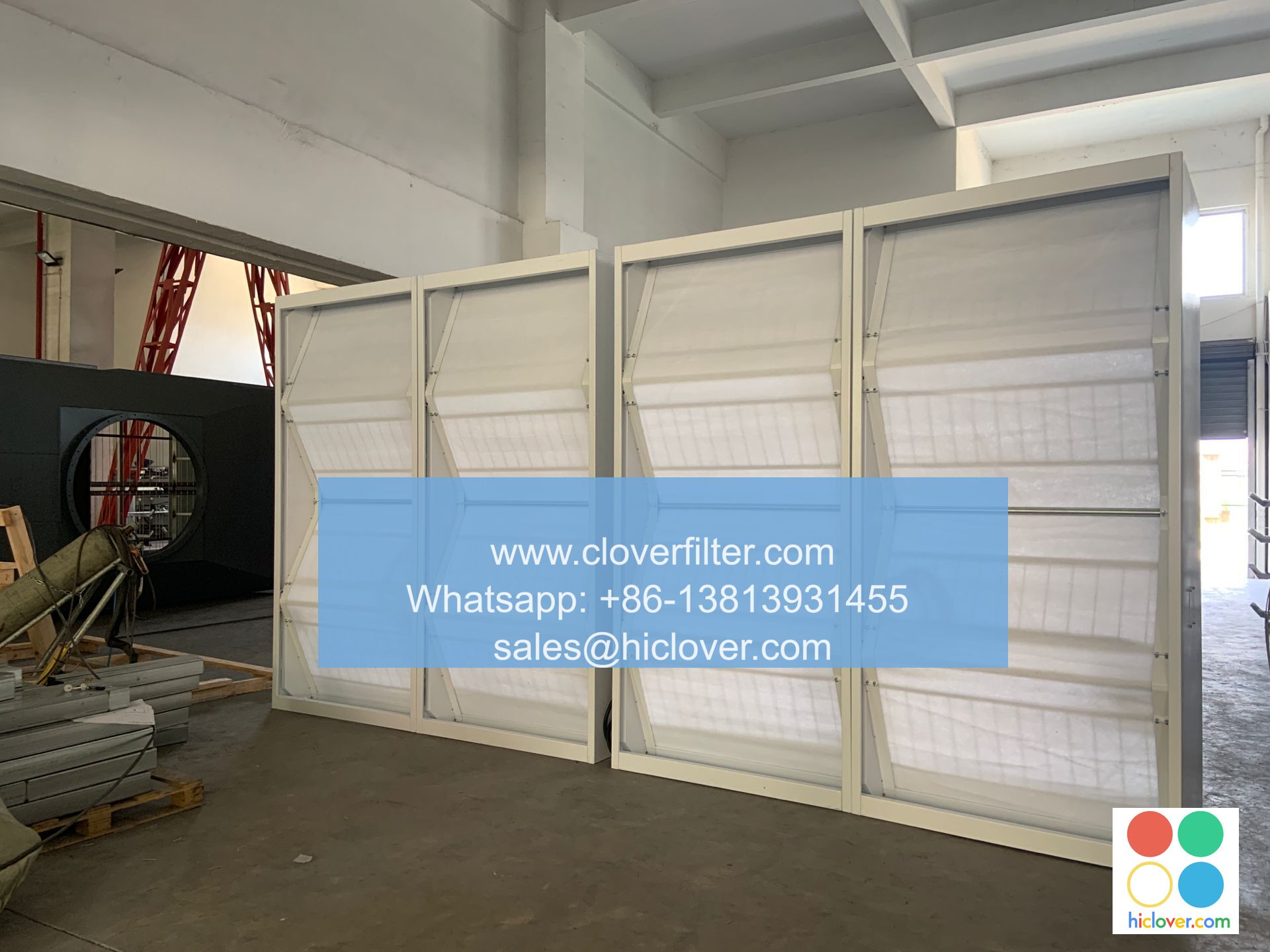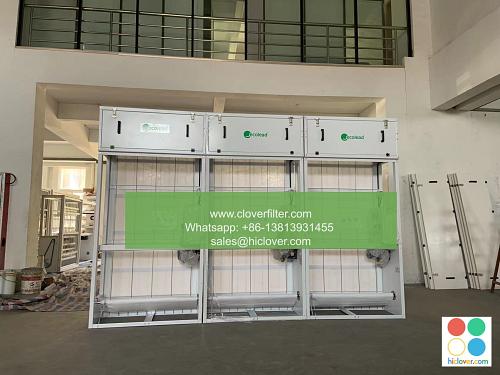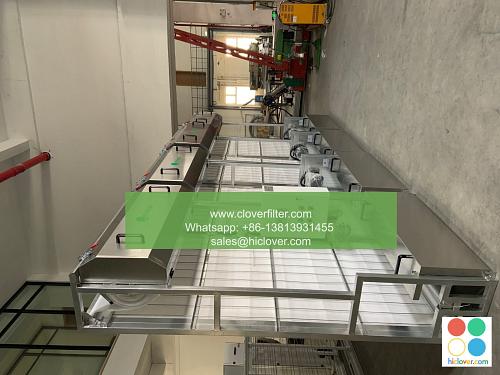Industry Insights: Trends in Air Filter Terms and Conditions

Industry Insights: Trends in Air Filter Terms and Conditions
1. Importance of Clear Air Filter Terms and Conditions
Air filters play a vital role in ensuring clean air quality, and with it, various industries such as HEPA (High Efficiency Particulate Air) filtration systems, HVAC (Heating, Ventilation, and Air Conditioning), and industrial cleaning equipment heavily rely on them. However, poorly drafted air filter terms and conditions can lead to confusion, disputes, and even legal issues. This article will delve into the trends in air filter terms and conditions, highlighting the importance of clarity and accuracy.
2. Key Trends in Air Filter Terms and Conditions
- Condition-based Maintenance (CBM): With the rise of IoT and industrial automation, Condition-based maintenance has become a popular trend. It allows for predictive maintenance, reduced downtime, and increased efficiency. Air filter terms and conditions should reflect this trend by incorporating language that addresses condition-based maintenance, such as "The OEM [Original Equipment Manufacturer] recommends condition-based maintenance to ensure optimal performance and extend the lifespan of the air filter."
- Performance-Based Warranties: Performance-based warranties are becoming increasingly popular, tying the warranty to the actual performance of the air filter. This trend requires air filter terms and conditions to be more concise and focused on specific performance metrics. For example, "The air filter warrants that it will capture at least 99.97% of particles as small as 0.3 microns within the specified standards for HEPA filtration."
- Liability and Disclaimer: With the increasing complexity of air filter usage, companies are including liability and disclaimer clauses to protect themselves from potential lawsuits. Air filter terms and conditions should include clear language that describes the limitations of the product and the manufacturer’s liability. For instance, "The manufacturer’s liability is limited to the purchase price of the air filter, and the user assumes all responsibility for proper installation, maintenance, and operation."
- Compliance and Industry Standards: Compliance with industry standards and regulations has become a top priority for companies. Air filter terms and conditions should explicitly state compliance with relevant standards, such as ASHRAE (American Society of Heating, Refrigerating and Air-Conditioning Engineers) and ASME (American Society of Mechanical Engineers) guidelines.
- Sustainability and Recycling: With growing concerns about waste and environmental sustainability, air filter companies are focusing on sustainable practices and responsible recycling. Air filter terms and conditions should reflect this trend by including language that encourages responsible recycling and minimizes waste. For example, "The manufacturer encourages customers to recycle their used air filters and provides a collection program for responsible handling and disposal."
- Use clear and concise language: Avoid using complex terminology and jargon that may confuse customers. Instead, use simple, easy-to-understand language that accurately defines air filter performance, maintenance, and warranty terms.
- Incorporate detailed diagrams and illustrations: Visual aids can help customers understand complex air filter systems and components, reducing the risk of misinterpretation and disputes.
- Keep it concise and focused: Air filter terms and conditions should be concise and to the point, without excessive language that may confuse customers.
- Regularly review and update: Regularly review and update air filter terms and conditions to reflect changes in industry standards, regulations, and customer needs.
- HEPA Filtration Systems: Clear air filter terms and conditions are crucial in the HEPA filtration industry, where capturing small particles and allergens is critical.
- HVAC Systems: HVAC systems require clear and concise air filter terms and conditions to ensure optimal performance, energy efficiency, and air quality.
- Industrial Cleaning Equipment: Companies that use industrial cleaning equipment must ensure that air filter terms and conditions accurately describe the equipment’s capabilities and limitations.
- Residential and Commercial Buildings: Clear air filter terms and conditions are essential for residential and commercial buildings, where indoor air quality and occupant health are paramount.
3. Best Practices for Clear Air Filter Terms and Conditions
4. Industry Application Areas
By understanding the importance of clear air filter terms and conditions, manufacturers can ensure compliance, avoid potential disputes, and build trust with their customers.
Prompt


